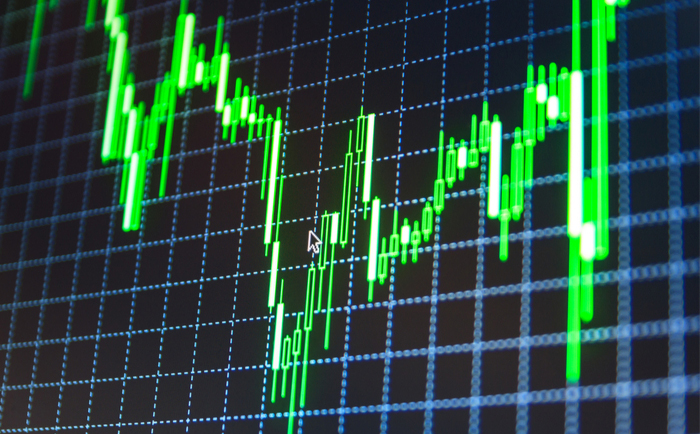There’s bad news for supporters of companies who score highly on environmental, social and governance (ESG) factors. Academics claim that lofty ESG ratings failed to “immunise” the stock prices of US companies when markets plunged during the Covid-19 crisis in the first quarter of 2020.
And things got worse for companies proud of their ESG accolades. While there was “insignificant” insulation from market turbulence in the first three months of the year—the height of the crisis—researchers say ESG had a notable “negative” effect during the recovery period in the quarter that followed.
Writing in a paper published this week—ESG Didn’t Immunize Stocks Against the Covid-19 Market Crash—academics from the Netherlands and the US, led by Elizabeth Demers at the University of Waterloo in Canada, conclude: “Overall, our study provides robust evidence to refute the widespread claims that ESG is a significant price resilience factor during the Covid-19 global crisis.”
ESG and Covid-19
The conclusion will disappoint many who have argued that companies scoring highly on ESG indices would have greater protection against shocks such as the pandemic.
As the researchers note, one commentator dubbed ESG an “equity vaccine”. Others claimed the pandemic would accelerate the move to sustainable investments. Others have claimed ESG ratings function as “safe havens” for investors. Board Agenda has reported on the crisis boosting the shift to “stakeholder” governance, a subject closely related to ESG.
Using statistical models, the team examined US stock performance from January through to March this year. But in a departure from other studies, the investigation added in controls to filter out the effects of variables such as accounting-based measures, liquidity, leverage, intangible asset investment, as well as many others associated with boosting stock performance.
Once those were taken out of the equation it became clear to the researchers that ESG “is not significantly associated with stock market performance” at the beginning of the coronavirus crisis.
So the team undertook further analysis to see what was making the difference. The stats came back to say ESG could explain only 1% of Covid-19 crisis stock movement. The biggest factor was a stock’s “risk and growth potential” at 39%; the industry type at 37%; and company financials at 20%.
In short, what made the difference in share price was a company’s stock of intangible assets, as well as elements such as leverage and cash positions. “These results suggest innovation-related assets rather than social capital investments offer the greater immunity to sudden, unanticipated market declines,” the report says.
Negative association
Even the recovery period—the second quarter this year—provided little reassurance about ESG’s protective qualities. The researchers found ESG factors were “significantly negatively associated with returns”.
It all makes grim news for those who believe ESG factors are the answer to corporate durability, especially as governments continue to address climate change and experts predict we can expect to experience more frequent global crises in the future.
“The extensive analyses presented in this study suggest that the celebration of ESG as a resilience factor in time of unexpected crisis is, at best, premature, or at worst, misplaced,” the writers conclude.
This will be difficult news for investors, and raise questions about the usefulness of ESG indices. Boards too may need to rethink their approach to ESG.





